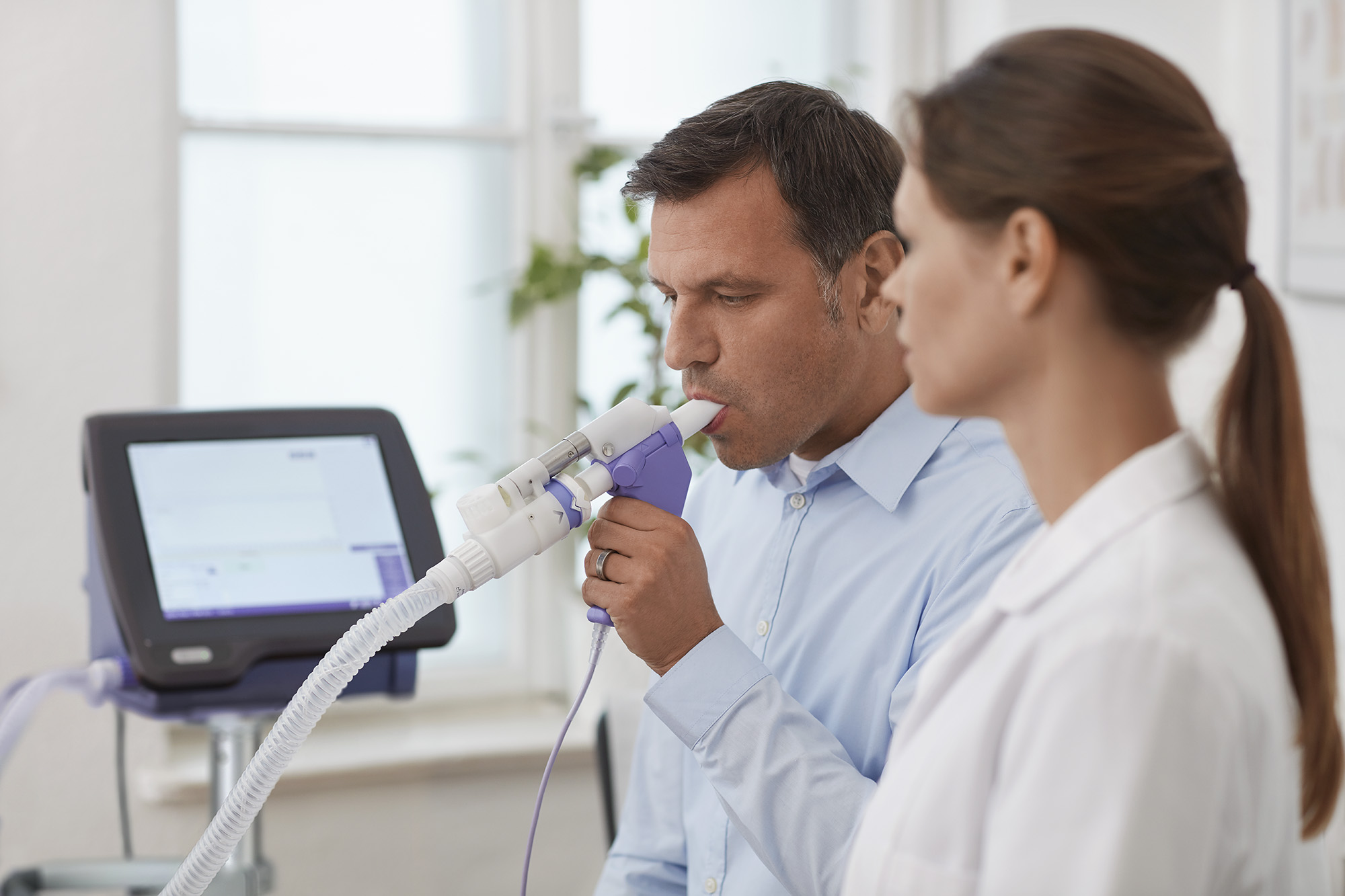Pulmonary function testing (PFT) is a critical diagnostic tool used to evaluate how well your lungs are functioning. Whether you’re preparing for spirometry or other forms of pulmonary function tests, understanding what not to do before a pulmonary function test can significantly impact the accuracy of your results. At NY Choice Medical, patients receive comprehensive support and guidance to ensure their PFT experience is as smooth and reliable as possible. Below, we explore key factors to consider in preparation for your test.
Understanding Pulmonary Function Tests and Their Importance
A pulmonary function test measures various aspects of lung health, including airflow, lung capacity, and oxygen exchange. These tests are essential for diagnosing conditions such as asthma, chronic obstructive pulmonary disease (COPD), and interstitial lung disease. Healthcare providers rely on accurate PFT results to create personalized treatment plans and monitor the progression of respiratory conditions.
In clinical settings like NY Choice Medical, patients undergoing pulmonary function testing are encouraged to follow specific preparation guidelines. This ensures that the results reflect the true state of their lung function, enabling doctors to provide the best care possible. Proper preparation is crucial because even small deviations, such as recent exercise or smoking, can skew the data collected during the test.
Dietary Restrictions Before Pulmonary Function Testing
One of the most important things to remember when preparing for a pulmonary function test is to avoid heavy meals and caffeinated beverages. Consuming large meals within two to three hours of testing can place pressure on the diaphragm, restricting lung expansion and affecting the accuracy of the results. Similarly, caffeine intake should be minimized for at least four to six hours before the test. Caffeine can increase respiratory rates and alter baseline breathing patterns, which may lead to misleading measures of lung function.
Instead, patients are advised to eat light snacks and stay hydrated with water. Drinking water supports optimal lung performance without interfering with the test. By adhering to these dietary guidelines, patients can help ensure their pulmonary function test provides an accurate assessment of their respiratory health.
The Impact of Smoking and Nicotine Exposure
Smoking is one of the most significant factors that can distort pulmonary function test results. Patients are strongly encouraged to avoid smoking or using nicotine-containing products for at least 24 hours before their appointment. Smoking introduces harmful substances into the airways, causing inflammation and constriction that can temporarily impair lung function. This can lead to inaccurate readings of airflow and lung capacity, making it difficult for healthcare providers to diagnose underlying conditions.
Additionally, exposure to secondhand smoke should be minimized, as it can have similar effects on lung health. NY Choice Medical emphasizes the importance of creating a smoke-free environment in the hours leading up to your test. By avoiding smoking and nicotine exposure, patients can ensure their PFT results accurately reflect their baseline respiratory function.
Avoiding Strenuous Exercise Before Testing
Engaging in strenuous physical activity or exercise shortly before a pulmonary function test can also affect the accuracy of the results. Vigorous exercise increases heart rate and respiratory rate, temporarily altering breathing patterns and oxygen demand. These changes can lead to skewed measures of forced expiratory volume (FEV1) and other key metrics.
To prevent this, patients are advised to avoid intense workouts or heavy lifting for at least six hours before their test. Instead, light activities such as walking or gentle stretching are recommended. Arriving at your appointment feeling rested and relaxed is equally important. By avoiding strenuous exercise, patients can help ensure their PFT results provide a clear picture of their lung health.
Medication Management and Its Role in Preparation
Proper medication management is another critical aspect of preparing for pulmonary function testing. Certain medications, such as bronchodilators and inhaled corticosteroids, can influence lung function and test outcomes. For example, bronchodilators may artificially enhance airflow, while corticosteroids can reduce inflammation in the airways. Both effects can mask underlying conditions or skew the assessment of baseline lung function.
Patients should consult their healthcare provider about the timing of their medications before the test. In some cases, you may be instructed to withhold specific medications for a set period, while in others, you might be asked to take them as usual to evaluate their effectiveness. Clear communication with your doctor is essential to ensure accurate results. NY Choice Medical provides detailed guidance on medication management to help patients prepare effectively.
Managing Emotional Stress and Anxiety
Emotional stress and anxiety can also play a role in the accuracy of pulmonary function test results. When stressed, the body activates its “fight or flight” response, increasing heart rate and respiratory rate. This can lead to shallow breathing and reduced lung capacity, both of which can distort the measures collected during the test. Additionally, anxiety can make it challenging to follow breathing instructions, potentially compromising the quality of the data.
To mitigate these effects, patients are encouraged to practice relaxation techniques such as deep breathing exercises, meditation, or listening to calming music. Arriving early for your appointment and taking a few minutes to settle into the environment can also help ease tension. NY Choice Medical offers support and resources to help patients manage stress and ensure their PFT results are as accurate as possible.
Why Preparation Matters for Accurate Results
Proper preparation is essential for ensuring the accuracy of pulmonary function test results. From dietary restrictions to medication management, each step plays a vital role in achieving reliable data. By following the guidelines outlined above, patients can help ensure their PFT reflects their true lung function, enabling healthcare providers to deliver precise diagnoses and effective treatment plans.
NY Choice Medical is committed to providing high-quality pulmonary function testing services to patients in Cleveland and beyond. With state-of-the-art technology and experienced professionals, the center ensures that every test is conducted with precision and care. For more information on preparing for a pulmonary function test or to schedule an appointment, visit NYChoiceMedical.com .
By prioritizing preparation and adhering to these recommendations, patients can take an active role in supporting their respiratory health and receiving the best possible care.
Frequently Asked Questions About Pulmonary Function Testing
Preparing for a pulmonary function test (PFT) can raise several questions, especially when it comes to understanding what not to do before a pulmonary function test. Below, we’ve compiled answers to five common questions to help you feel confident and informed as you prepare for your test at NY Choice Medical.
2. What should I avoid eating or drinking before my pulmonary function test?
To ensure accurate results, it’s important to avoid heavy meals and caffeinated beverages before your pulmonary function test. Eating a large meal within two to three hours of the test can place pressure on your diaphragm, restricting lung expansion and affecting airflow measurements. Similarly, caffeine can temporarily increase your respiratory rate, leading to skewed results. Instead, opt for light snacks and stay hydrated with water. Following these dietary guidelines will help ensure your test reflects your true lung function.
3. Can smoking affect my pulmonary function test results?
Yes, smoking can significantly impact the accuracy of your pulmonary function test results. Smoking introduces harmful substances into your airways, causing inflammation and constriction that can impair lung function. This can lead to distorted measures of airflow and lung capacity, making it difficult for healthcare providers to assess your baseline respiratory health. To avoid this, refrain from smoking or using nicotine-containing products for at least 24 hours before your test. Additionally, minimize exposure to secondhand smoke to ensure the most accurate results.
4. Should I exercise before my pulmonary function test?
No, you should avoid strenuous exercise or physical activity before your pulmonary function test. Engaging in intense workouts or heavy lifting within six hours of the test can temporarily elevate your heart rate and respiratory rate, altering your breathing patterns. These changes can lead to inaccurate readings of key metrics such as forced expiratory volume (FEV1). Instead, opt for light activities like walking or stretching and arrive at your appointment feeling rested and relaxed. By avoiding strenuous exercise, you can help ensure your PFT results provide a clear picture of your lung health.
5. How should I manage my medications before the test?
Medication management is an important part of preparing for a pulmonary function test. Certain medications, such as bronchodilators and inhaled corticosteroids, can influence lung function and test outcomes. For example, bronchodilators may artificially enhance airflow, while corticosteroids can reduce inflammation in the airways. To ensure accurate results, consult your healthcare provider about the timing of your medications. You may be instructed to withhold specific medications for a set period or take them as usual to evaluate their effectiveness. NY Choice Medical provides detailed guidance on medication management to help patients prepare effectively.





